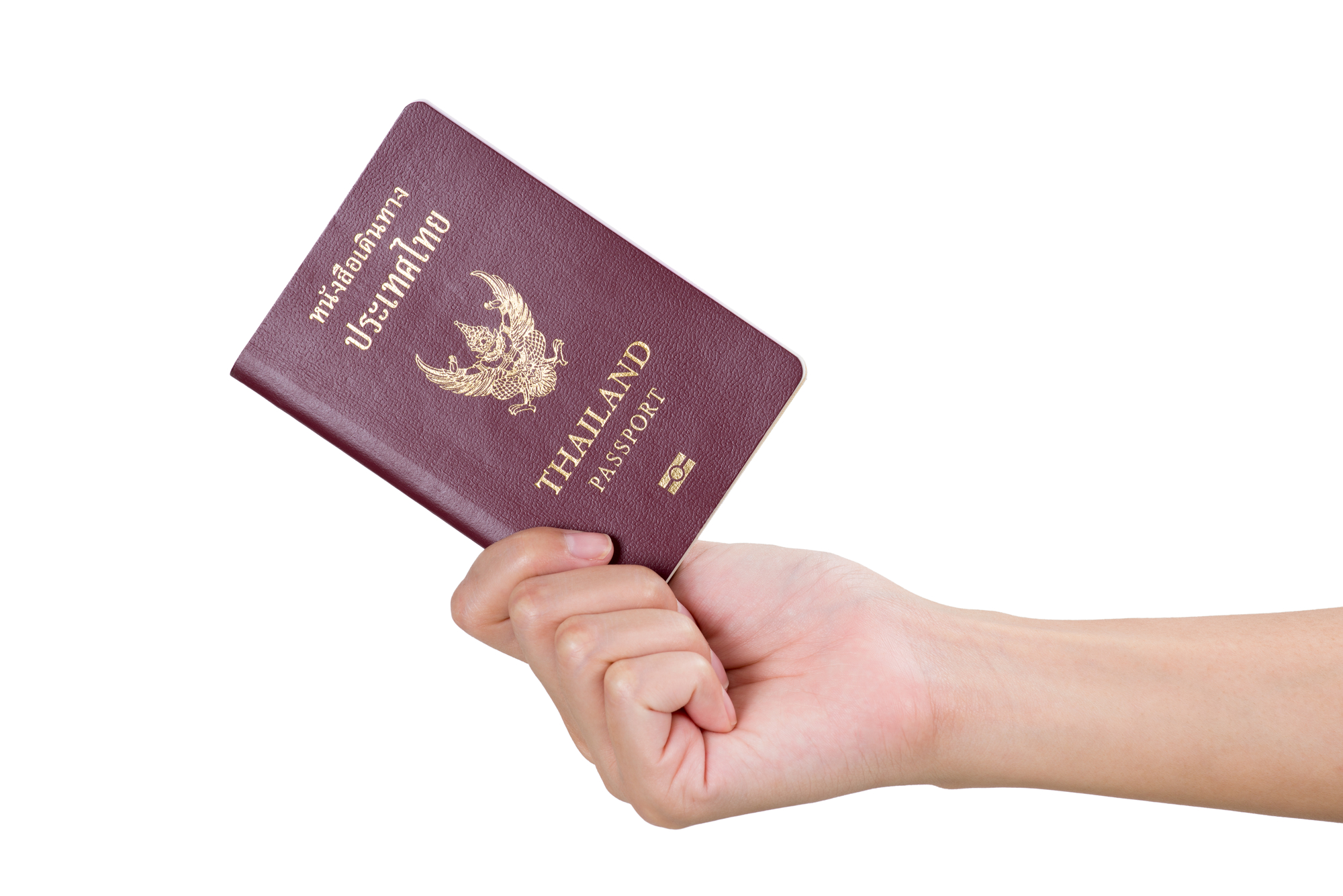The Trump Administration just announced it will end DACA with a 6-month delay in enforcement. What that means is Trump will close the door to any new applications and let existing work authorizations expire on their own. The almost 800,000 DACA beneficiaries would begin to lose work authorization beginning in March of 2018 assuming Congress does nothing.
While no one knows for sure whether Congress can or will step in to help DACA beneficiaries or Dreamers, each and every one of them should prepare for what could come. Here are some practical pieces of legal advice.
1 – Submit Your DACA Renew by 10/05/17 If Your Work Permit Expires In The Next Six Months
The Department of Homeland Security will accept DACA renewals during the next six month period if submitted by 10/05/2017. If your work permit expires during the next six months it is paramount that you renew as soon as possible and no later than 10/05/2017.
2 – Get an Immigration Law Checkup
Since acquiring DACA status, many have neglected to check in with an attorney about their immigration options. The President’s action will change that.
While in DACA status, it was possible that a person could receive what’s known as Advanced Parole (“AP”) – authorization to leave and re-enter the United States lawfully. Unfortunately, applying for AP based on DACA status is no longer an option after the DACA announcement and it’s implementation by DHS. AP is legally significant because it allows the beneficiary to apply for a green card based on certain family relationships without having to leave the country. Further, a pending green card application may allow one to receive a work permit until a decision is made. If a Dreamer received AP and re-entered the country lawfully and if an immediate relative can file an immigration petition for them they may be eligible to become a legal permanent resident.
Whether in or out of DACA status, one of the most significant avenues of relief in immigration law depends on having “qualifying family members.” Depending on the type of relief at issue, this could be a spouse, child or parent with either Legal Permanent Residency or U.S. Citizenship. Dreamers will want to discuss this with an attorney to learn, if placed in removal proceedings, what could or would be the respondent’s form of relief. For example, for persons who have lived in the U.S. for at least 10-years and who don’t have a serious criminal past (i.e., DACA beneficiaries), a form of relief called Cancellation of Removal (“COR”) may be available if the applicant also has a “qualifying family member” who would suffer extreme and exceptionally unusual hardship. While that level of hardship is not easily demonstrated, a pending COR application, at least in the Los Angeles Immigration Court, can take years to run its course and while it is pending, the beneficiary is lawfully entitled to work.
Other important facts and circumstances to discuss with an immigration attorney are whether the DACA beneficiary has ever been the victim of a crime in the U.S., whether there has been a significant change in circumstances in their country of origin that may make an application for asylum feasible and/or whether an employment visa may be possible in their case. Employment visas are not easily obtained and generally not available to someone who has worked without authorization in the U.S. but a thorough examination of the person’s circumstances is recommended.
3 – Continuing with Work
Federal law prohibits hiring or employing a person who is without lawful work authorization. 8 U.S.C. sec. 1324a. An employer who knowingly hires or employs a person without legal work authorization faces stiff penalties and fines.
One can expect that Dreamers’ employers will, according to the expiration date on DACA work permits, ask their DACA-employees for proof that they continue to be able to work lawfully. If they can’t produce proof, the employer may have to let them go.
If working as an employee is not possible after the expiration of a DACA work permit, can a person work as a “consultant” or “independent contractor”? The answer is maybe, but likely not for the same employer. Even though the law does not require that an employer use the I-9 employment eligibility verification process described at 8 U.S.C. 1324a(a) – (b) in the case of an independent contractor or consultant, it does explicitly prohibit an employer from using a contract for labor where the employer knows or should know the person does not have lawful work status.
So can a Dreamer work as an independent contractor and avoid I-9 verification for another employer doing substantially the same work that they used to do as an employee? The answer is again, maybe, but likely only if the work can legitimately be done by an independent contractor and not an employee. This determination is based on several factors. See 8 C.F.R. 274a.1(j). The most important factors are that the consultant or contractor – as opposed to the employer — has the right to control his or her work and that he or she uses his or her own tools or equipment. If the person can legitimately work independently or as a consultant this may be a viable option for someone who’s lost a work permit.
4 – Safeguard Your Rights
DACA beneficiaries will likely remain under an obligation to update the government on their physical address even if the program goes away. If a DACA beneficiary moves away without updating their address with the government and a Notice to Appear (referral to see an immigration judge) is issued, the person may miss the notice and a judge will order their removal without their presence (in absentia). A person with an outstanding removal order is subject to immediate deportation – without a second chance at seeing an immigration judge and litigating their case. Thus, more often than not, it’s better to fight before a judge than to disappear and fail to appear in court.
Ex-DACA beneficiaries that wind up before an Immigration Judge may be particularly sympathetic to the court. To know what’s likely in such a case, it’s paramount that the person discusses their particular facts and circumstances with an experienced attorney.
Additional resources provided by the author
Attorney Espinoza is an experienced immigration attorney. If you or a loved one need advice and counsel on an immigration matter, call the Espinoza Law Group for a consultation: 213-667-0701.
Disclaimer: the foregoing is intended to provide general information only. It is not legal advice about yours or any particular case and is not to be acted on as such. Each case is different and dependent on its own particular facts and circumstances. The information presented may also not reflect the most current legal developments. An attorney should be contacted for advice on a specific case and/or legal issue. This information also is not intended to and does not in any way create an attorney-client relationship.
This post was updated on 9/5/2017 after the DACA announcement was made by the Justice Department.





